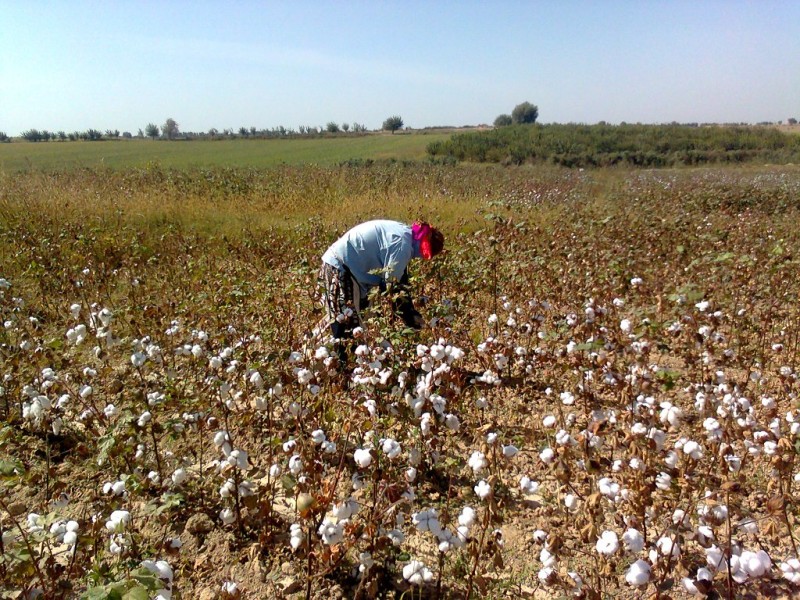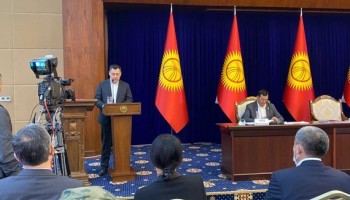The report, released by the Uzbek-German Forum for Human Rights (UGF) on Monday, describes the large-scale mobilization of people into a forced labor program that props up the state’s cotton industry and pours nearly US$ 1 billion per year into government coffers.
Cotton is a major export for the double-landlocked central Asian country, with the government using popular slogans such as, “Cotton is the people’s riches!”
UGF reports that working conditions included workers being forced to put in 10-hour days before returning to overcrowded living quarters that often lacked clean water.
Meanwhile, officials are thought to have siphoned off fat profits. Impossibly high quotas were reportedly set, with workers forced to pay fines to make up the deficits. It was a year marked by an “unprecedented degree of extortion,” said UGF, claiming that even once the harvest was complete, workers were forced to stay in the fields so that officials could continue to charge them for housing and food.
UGF director Umida Niyazova said the level of corruption involved in the process was "astounding".
"At all levels of government, officials take their cut, and Uzbek citizens, particularly public sector workers are forced to pay or pick cotton through intimidation and fear," said Niyazova.
UGF’s report also notes the involvement of multinational telecommunications giants Telia Sonera and Telenor, which both admit contributing to the harvest effort in 2014, saying it is a prerequisite for doing business in the country. However there is no official cotton assistance fund, and critics fear there is wide scope for misappropriation of payments made by international companies.
Telia Sonera was also at the heart of a recent OCCRP investigation which revealed how the Uzbek President’s daughter accrued US$ 1 billion through dubious deals with telecoms companies.
The report comes just a few weeks after Uzbekistan’s president Islam Karimov won another five-year term as head of state. International observers called his 90.39% victory a “sham re-election”, commenting that any genuine political opposition had been driven from the country or imprisoned during Karimov’s tenure.
Upon his re-election, Karimov promised: “There will come a time when our citizens will enjoy complete freedom.”
Reuters reports that Uzbekistan’s government denies allegations of forced labor, and officials did not return requests for comment.
An Amnesty International report also released with week claims that the strategic geographical situation of Uzbekistan has led western countries to “turn a blind eye” to Uzbekistan’s use of torture and other human rights abuses. Germany, for example, uses an airport in Uzbekistan for ongoing operations in Afghanistan. Deutsche Welle reports that a spokeswoman for the German foreign ministry insisted alleged human rights abuses are being “discussed appropriately”.






